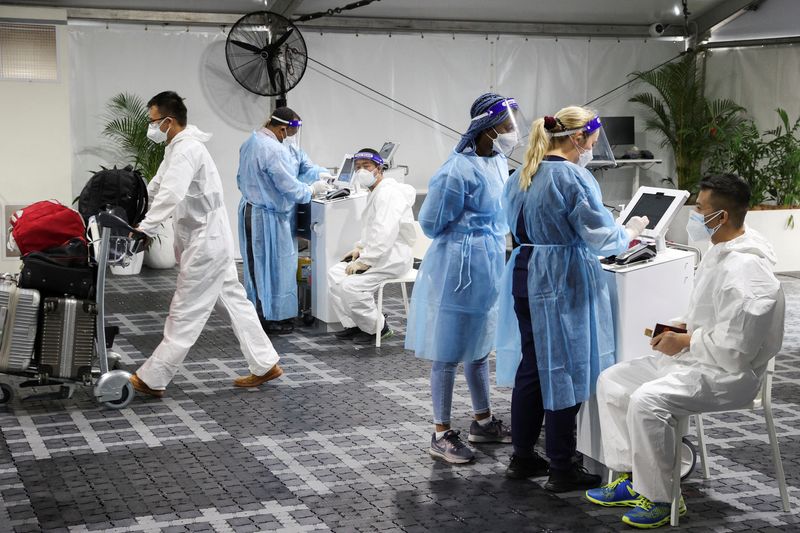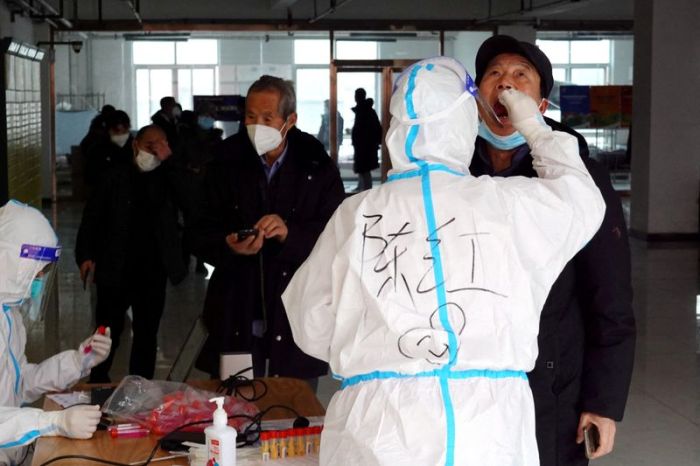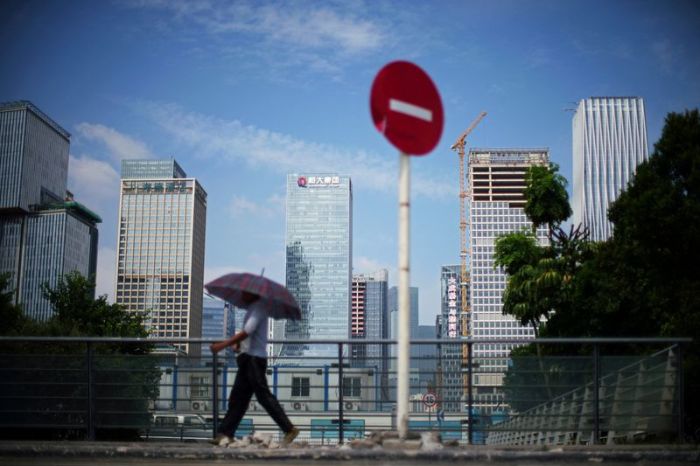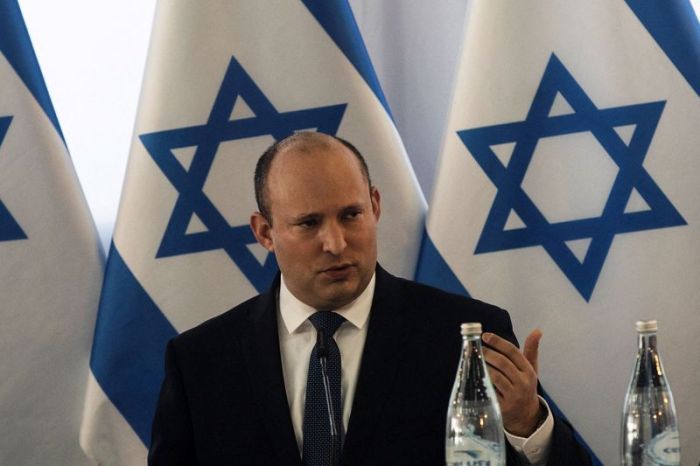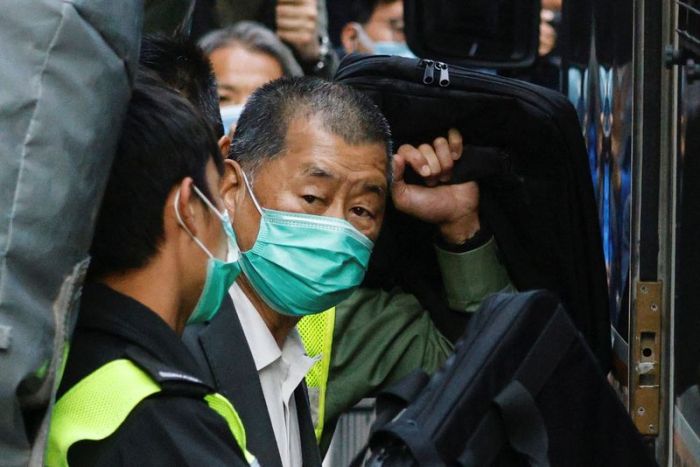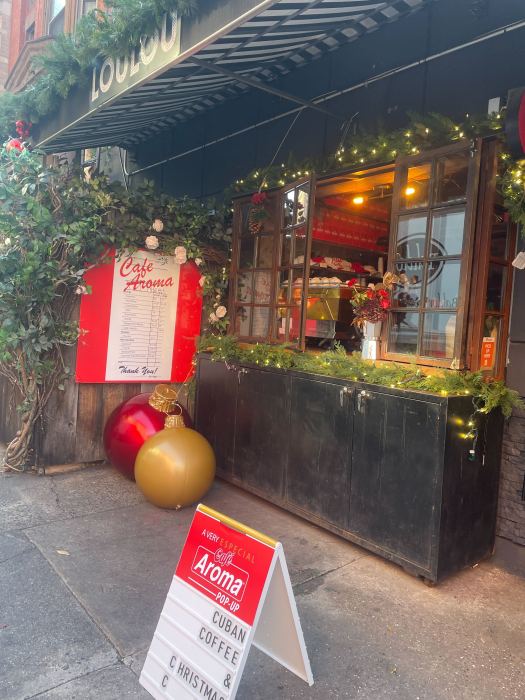SYDNEY/MELBOURNE (Reuters) – Australia will seek to make urgent changes to COVID-19 testing rules to ease pressure on test sites as infections surged and the country’s most populous state reported a near doubling in daily cases.
Prime Minister Scott Morrison said on Wednesday Australia needed “a gear change” to manage overburdened laboratories and get people out of isolation. He called a snap meeting of the national cabinet on Thursday.
“We just can’t have everybody just being taken out of circulation because they just happen to be at a particular place at a particular time,” Morrison said during a media briefing.
Morrison’s plan would prioritise clinically urgent cases, in a bid to cut long lines at test sites and waits for lab results, which can currently take three to four days.
The proposed rules would rely more on rapid antigen tests, redefine close contacts of confirmed cases to those who live in the same household, and only require PCR tests for people with symptoms. Close contacts would have to isolate for seven days.
A growing number of countries, including the United States and Britain, have shortened the recommended isolation time for asymptomatic cases.
The proposed new testing requirements comes as Queensland promised to relax rules for interstate travellers with domestic arrivals needing only a negative rapid antigen test to gain entry from Jan. 1 rather than the PCR test.
Morrison said A$375 million ($271 million) will be used to buy millions of additional rapid antigen test kits.
Queensland’s so-called “tourism tests” came under severe criticism from New South Wales after holiday travellers crowded its testing hubs, causing delays in results of several days.
‘IT’S INSANITY’
Even with soaring infections, some testing centres in Sydney were closed following the public holidays and those that were open had long walk-in and drive-in queues.
“It’s insanity,” 44-year-old Hayden Anderson, who is battling liver cancer, told Reuters. “Why are all the testing centres shut?”
Anderson had a PCR test after a friend he caught up with just before Christmas tested positive. When he went for a follow-up test, the site was closed.
After seeing long lines at other testing hubs, he settled for a rapid antigen test at home, but with soaring cases he is concerned he might struggle to get a PCR test, as required, ahead of his next chemotherapy appointment on Jan. 11.
“It’s like walking a tightrope right now,” he said.
Australia is in the grip of an outbreak of the highly infectious Omicron variant, with the country’s new daily infections spiking to nearly 18,300, eclipsing the previous pandemic high of around 11,300 hit on Tuesday.
Cases in most states climbed to one-day records with New South Wales, Australia’s most populous state and home to Sydney, reporting a near doubling in infections to 11,201.
Despite the rapid spread of the Omicron variant, Morrison has so far ruled out lockdowns, urging people to focus on the number of patients admitted to hospitals.
While hospitalisations have crept up, they are still off the peak of the Delta wave.
Despite the Omicron and Delta waves, Australia’s COVID-19 numbers are still among the lowest in the world with about 341,500 cases and 2,210 deaths, thanks to strict social distancing rules and tough border restrictions. But most states have now begun to live with the virus after higher inoculation levels.
($1 = 1.3841 Australian dollars)
(Reporting by Renju Jose in Sydney and Sonali Paul in Melbourne; Editing by Sam Holmes)

